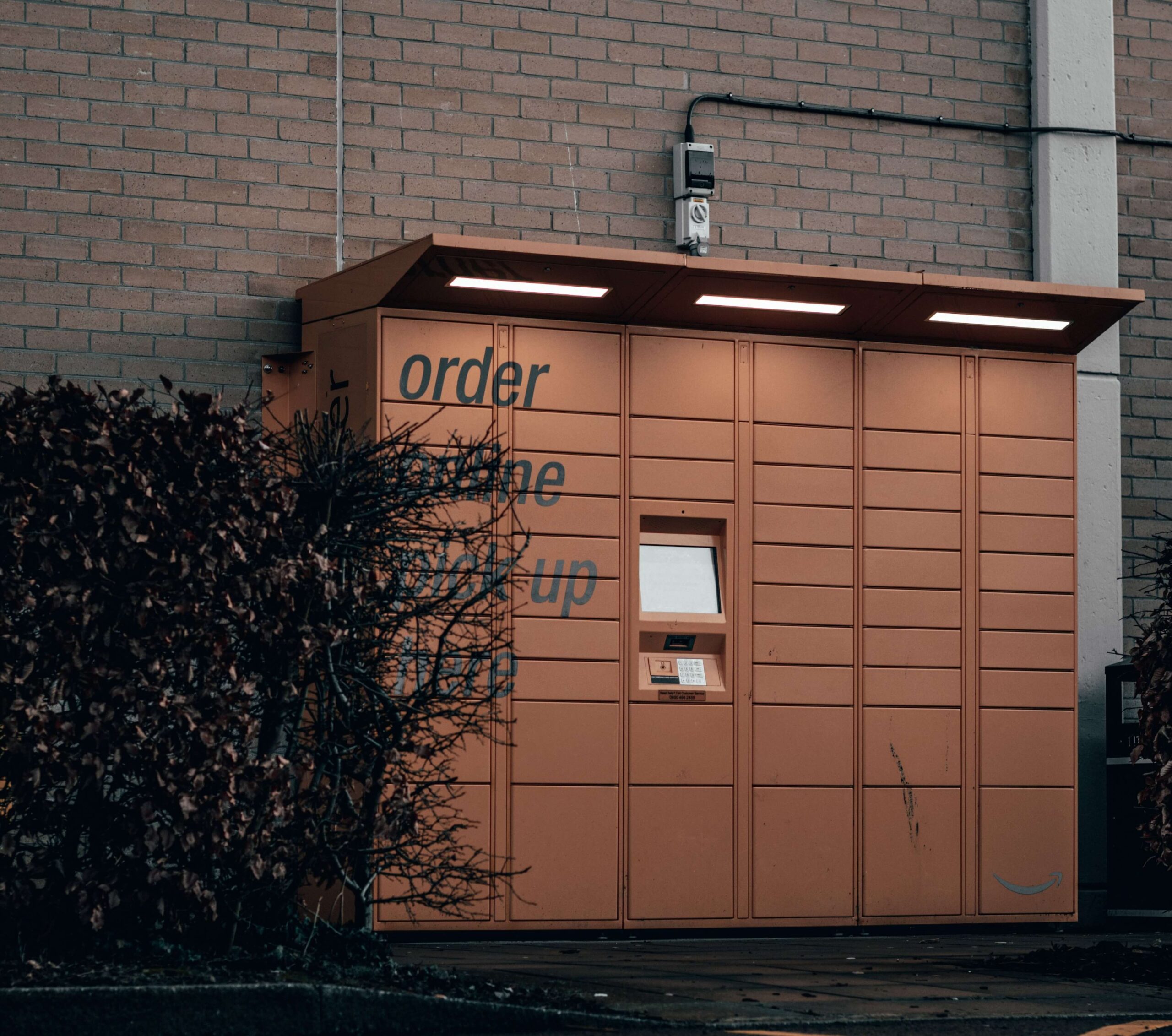Can Vending Machines Help Restaurants and Farmers Fight Food Waste and Generate Revenue?
by David Klemt
French farmers have found an innovative way to fight food waste, generate much-needed revenue, and provide fresh produce to the public: vending machines.
Last week, Barron’s, a publication dedicated to financial and investment news coverage, published an article about farmers in France finding more success selling produce via vending machines than their own farm stores.
All manner of items can be loaded into vending machines—fruits, vegetables, eggs and dairy products, for example—and famers are able to choose how many lockers their setups will include. For instance, one farmer invested in a 60-locker vending machine for €30,000, while another placed a machine with 88 lockers close to her farm.
Selling via vending machine was lauded by Barron’s as respectful of health and safety regulations since farmers and consumers aren’t interacting with one another directly.
This development begs the question: Would selling produce directly to consumers through vending machines prove viable in the United States and Canada?
The havoc afflicting the restaurant business doesn’t affect only the owners, operators and employees—it’s a shockwave ripping through other industries, such as farming and agriculture. For months, news coverage has included reports of farmers sharing stories of showing up to restaurants to deliver food only to find them closed, leaving farmers with surpluses of food destined to go to waste.
One option to make this work could include restaurant operators and local farmers partnering to set up vending machines (locker type, not the standard snack versions). This would help reduce the initial buy-in and both operators and farmers would have access: restaurants would use them for contactless meal and meal kit pickup, and farmers could accept direct-to-consumer orders of fresh produce fulfilled through the lockers.
In fact, creative operators may be able to build meal kits that combine their menu items with ingredients sourced from local farmers.
The partnership concept may prove more viable for connectivity reasons as well. In France, one major supplier of vending machines, according to Barron’s, indicated the machines required a reliable 4G connection, in part because they recommend only accepting credit card and online payments to reduce vandalism. Placing vending machines on-site should provide more stable connections and steadier consumer traffic.
Politicians continue to drag their feet and posture in regards to Covid-19 relief. It has been clear for months that the public and businesses without lobbying power are being left to fend for themselves. A partnership between restaurants and farmers could prove mutually beneficial for the survival of the restaurant, farming and agriculture industries.
When contacting their representatives to demand they help we the people and the restaurant industry, it could be wise to remind them that relief for restaurants is also relief for farmers, saving millions of jobs and thousands of farms at risk of permanent loss, along with avoiding literal tons of needless food waste.
Image: Alex Motoc on Unsplash

